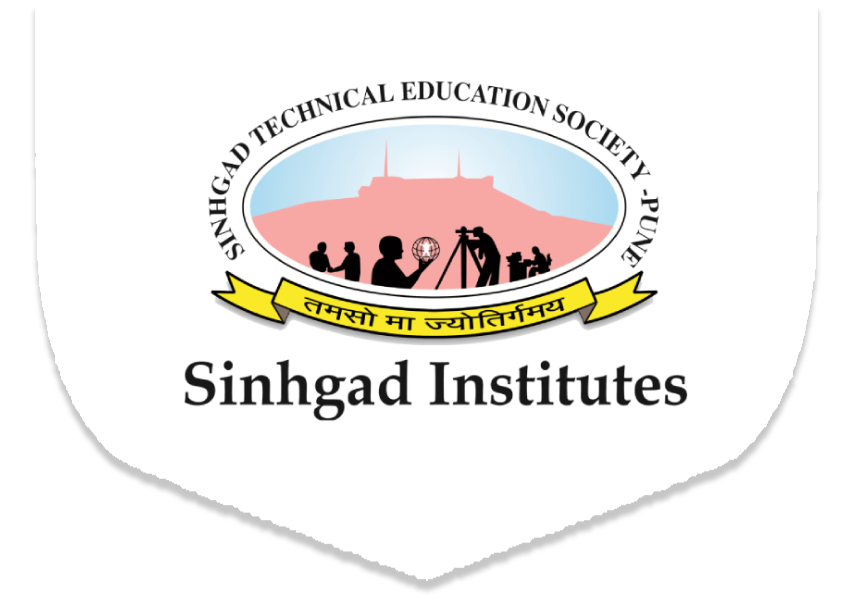ELECTRICAL ENGINEERING
PEOs AND POs
PROGRAM EDUCATIONAL OBJECTIVES(PEO)
- Electrical Engineering graduates will be able to apply knowledge of Engineering Mathematics, Basic Sciences and Engineering to identify, formulate and solve electrical engineering problems.
- Electrical Engineering graduates will be able to use industry standard tools to analyze, design, develop and test electrical based systems.
- Electrical Engineering graduates will be able to communicate effectively, adopt lifelong learning, have inter-personal skills needed to engage in and lead and nurture diverse teams. with commitment to their ethical and social responsibilities.
- Electrical Engineering graduates will be employable in the diversified sectors of the industry, government organizations, public sector and multinational corporations and/or pursue higher education in electrical engineering or other fields of their interests, at institutes of repute and high standard.
- Electrical Engineering graduates will be able to fulfill the needs of society in solving technical problems using engineering principles, tools and practices, in an ethical and responsible manner.
PROGRAM OUTCOMES(PO)
- An ability to apply knowledge of mathematics, science, and engineering principles to solve problems.
- Ability to identify, formulate and solve Electrical Engineering problems in the areas like Electrical Machines, Analog and Digital Electronics, Power Systems, Control Systems as well as to analyze and interpret data.
- An ability to design a system, component or process to meet desired needs within realistic constraints such as economic, environmental, social, ethical, health and safety.
- An ability to work on multidisciplinary projects.
- An ability to identify, formulate and solve engineering problems.
- A sensitivity towards professional and ethical responsibility.
- Ability to communicate effectively in writing as well as through public speaking.
- The broad education necessary to understand the impact of engineering solutions in a global, economic, environmental and societal context.
- An ability to engage in lifelong learning.
- An ability to use the softwares used in the field of electrical engineering.
